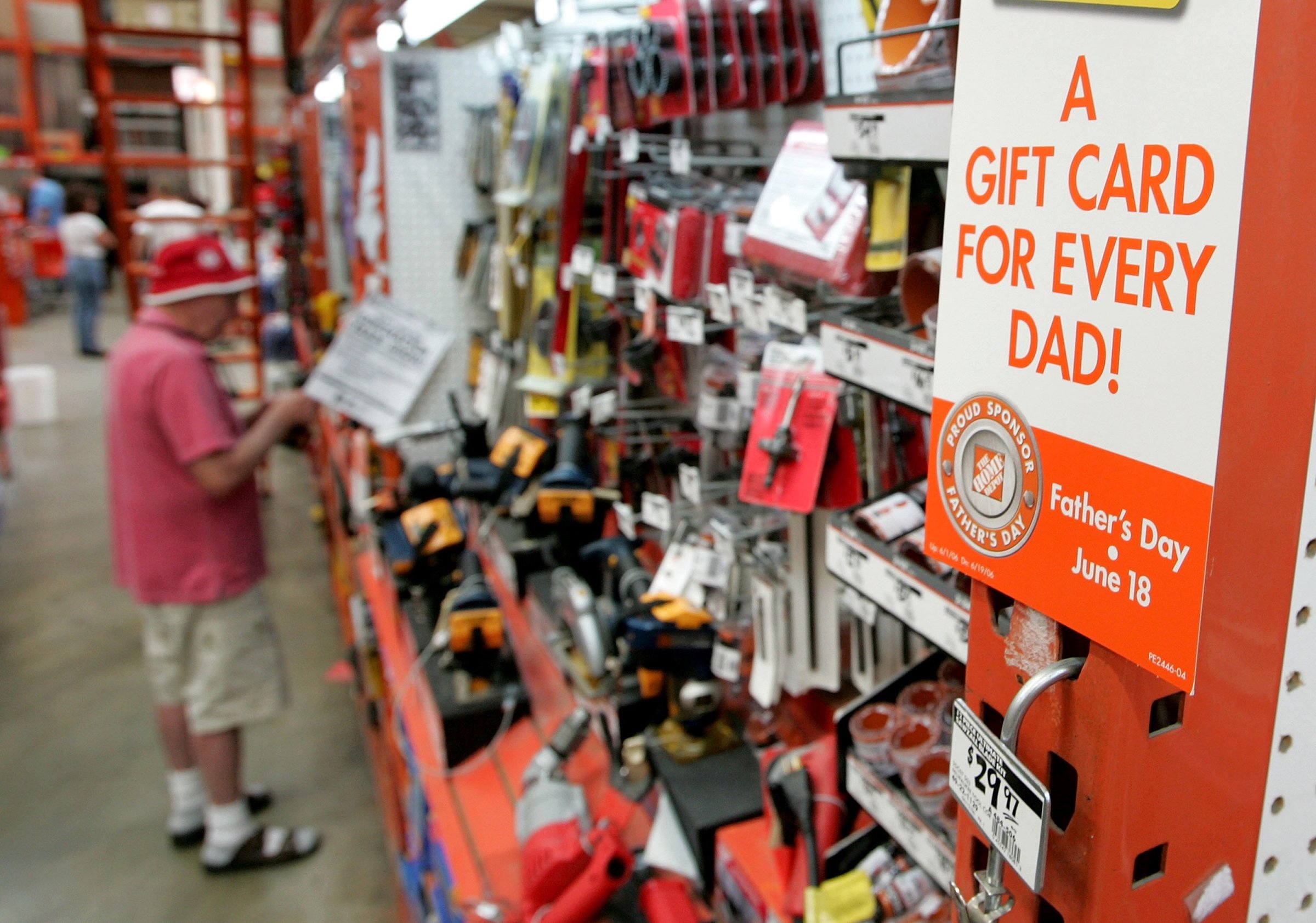
These days, father’s day seems like an inescapable part of American culture. But it didn’t become a national holiday until President Nixon signed a bill in 1972–almost 60 years after the U.S. recognized Mother’s Day. So, what drove the decision?
Some historians credit the Vietnam War. The prolonged, increasingly divisive conflict had uprooted American fathers from their families, and there was a sense that their public service needed to be recognized, according to Ralph LaRossa, author of The Modernization of Fatherhood: A Social and Political History. Montana Senator Mike Mansfield even appeared to say as much when he declared–during a debate on the 1972 bill–that Father’s Day deserved the same legal status as Mother’s Day “in view of the burdens and responsibilities placed upon [fathers] during these trying times.”
Some of those burdens and responsibilities were coming from inside the home as well. Whereas mothers used to be seen as the primary caregivers, the rise of women’s liberation gave way to a so-called new fatherhood movement, in which men were expected to step up and “take on more of the routine tasks of [child rearing], like changing diapers, in the interest of gender equality,” says LaRossa. Meanwhile, a rise in no-fault divorces–sparked by the sexual revolution–raised new questions about the roles of both parents at home. And as modern fatherhood started to take shape, so too did what we now know as Father’s Day.
For more on these stories, visit time.com/history
More Must-Reads From TIME
- The 100 Most Influential People of 2024
- The Revolution of Yulia Navalnaya
- 6 Compliments That Land Every Time
- What's the Deal With the Bitcoin Halving?
- If You're Dating Right Now , You're Brave: Column
- The AI That Could Heal a Divided Internet
- Fallout Is a Brilliant Model for the Future of Video Game Adaptations
- Want Weekly Recs on What to Watch, Read, and More? Sign Up for Worth Your Time
Write to Olivia B. Waxman at olivia.waxman@time.com